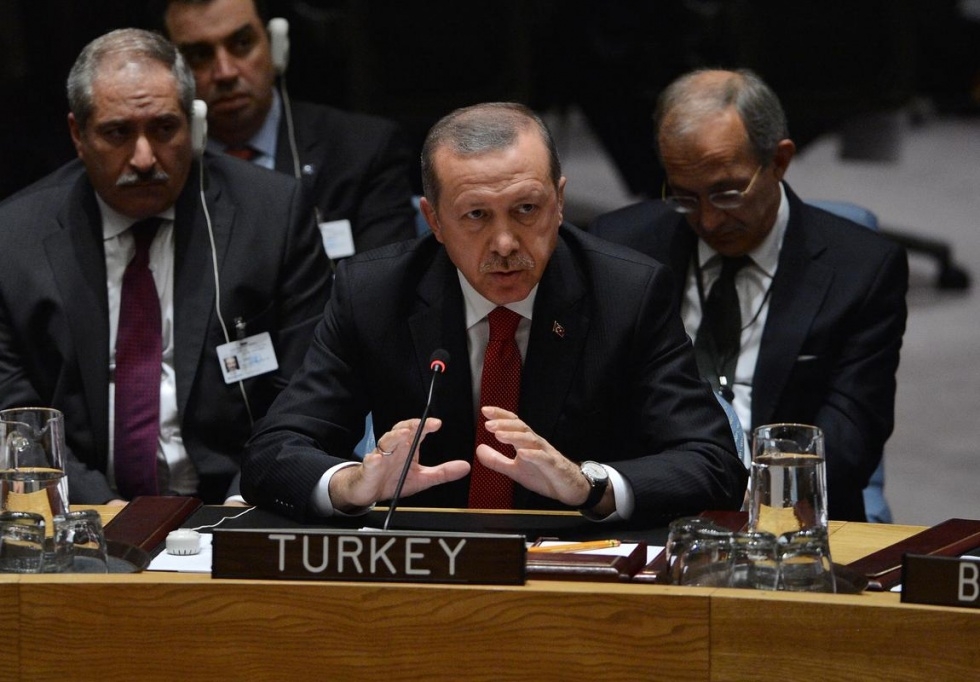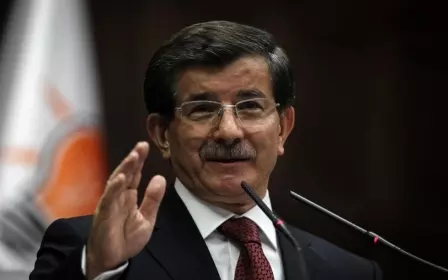Turkey signals more active role in anti-IS fight

President Recep Tayyip Erdogan on Friday signalled Turkey would take a more active role in the coalition against Islamic State (IS) following the release of Turkish hostages held by the militants.
The dozens of Turkish hostages, including diplomats and children, were abducted from the Turkish consulate in Mosul in Iraq in June.
"Now the position has changed. What follows will be much different," Erdogan told reporters after flying back to Istanbul from a trip to the United States where he met US Vice President Joe Biden.
On October 2 the Turkey's parliament is due to meet on extending mandates allowing Turkish military action in Iraq and Syria.
Erdogan said that "necessary steps" would be taken by parliament, without specifying the exact nature of these measures.
Reports have said the United States wants to use the Incirlik air base for launching air raids on IS.
Erdogan said Ankara had a responsibility not to be a "bystander".
"We, as Muslims, should do our best. If the Christian world takes such a step on an issue that hurts the conscience of humanity we will not remain a bystander."
"Our religion does not allow the killing of innocent people," he said, adding that the actions of IS were "casting a shadow" on Islam.
Prime Minister Ahmet Davutoglu said earlier in Ankara that "if any military operation or a solution carries the perspective of bringing peace and stability to the region, we will support it."
Turkish Kurds cross border to fight IS
The latest developments have also threatened Turkey's fragile peace process with the Kurdistan Workers' Party (PKK) -- blacklisted as a terrorist organisation by Ankara and other nations.
Kurdish rebels who have been fighting the Turkish authorities for in a bloody 30-year insurgency had warned about the future of Turkey's own peace process if Kurds were not allowed to cross the border into Syria.
But Davutoglu said Friday the government would "work day and night to finalise" a settlement to the national conflict which has claimed more than 40,000 lives.
On Friday, hundreds of Turkish Kurds broke through the Turkish border into Syrian territory to join Syrian Kurdish forces fighting IS militants.
Turkish security forces have on previous occasions halted Kurdish militants from moving into Syria to fight IS, sparking clashes with local Kurds on the border.
Turkey is hosting over 160,000 Syrian Kurdish refugees who fled the town of Ain al-Arab in Syria, following fears of an IS advance nearby.
Stay informed with MEE's newsletters
Sign up to get the latest alerts, insights and analysis, starting with Turkey Unpacked
Middle East Eye delivers independent and unrivalled coverage and analysis of the Middle East, North Africa and beyond. To learn more about republishing this content and the associated fees, please fill out this form. More about MEE can be found here.




